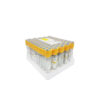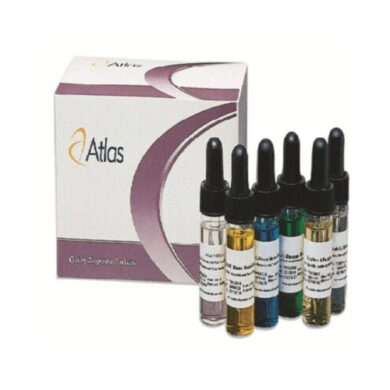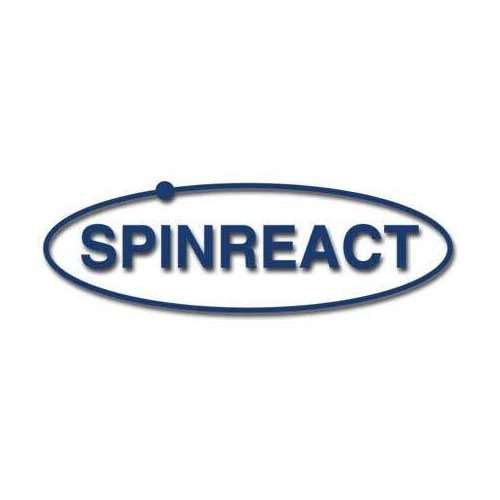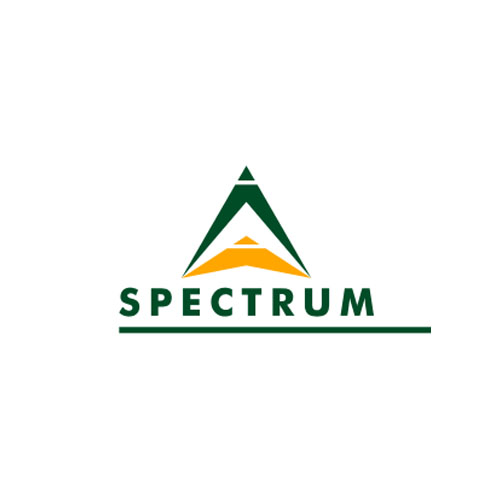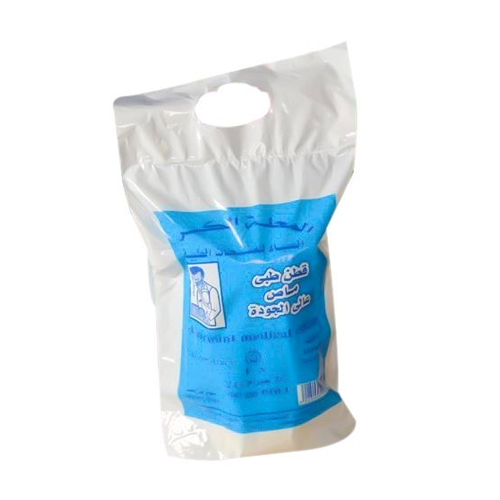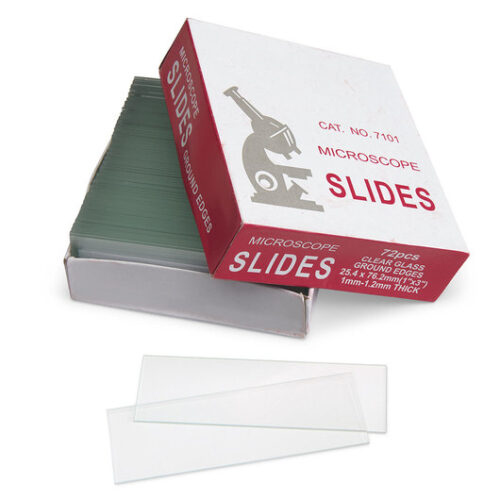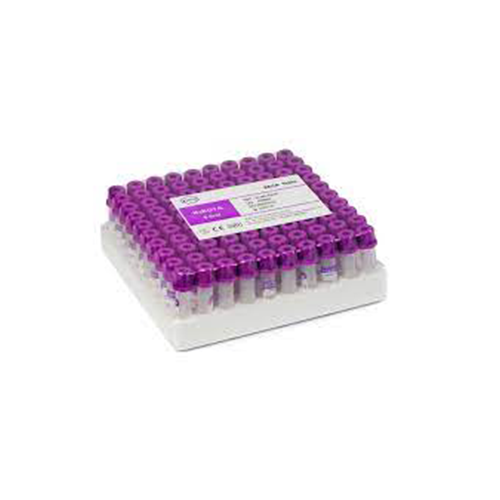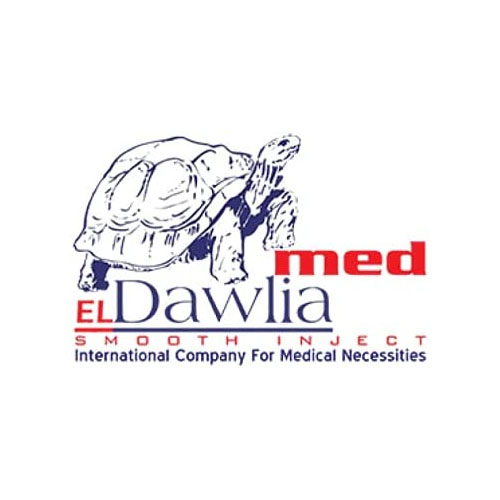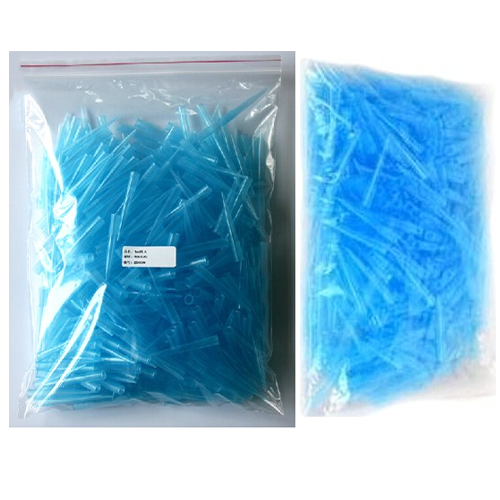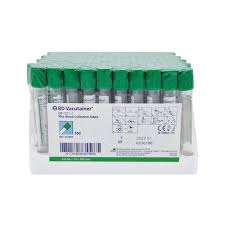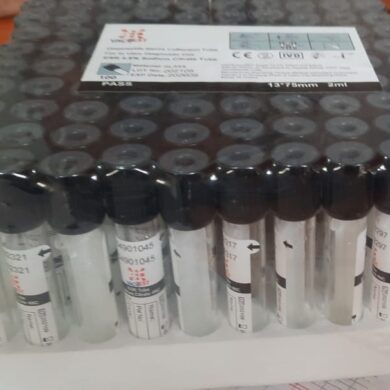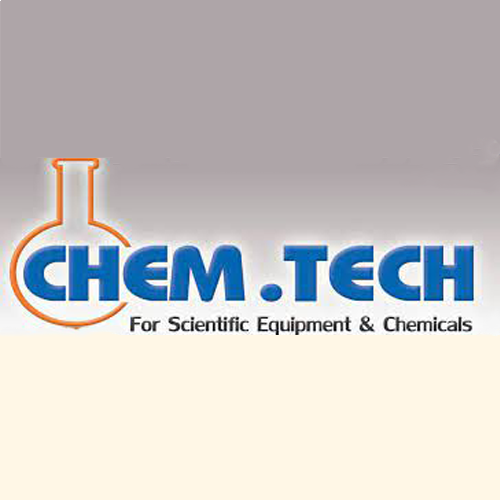- Empty cart.
- Continue Shopping
Order 500 EGP or more to qualify for FREE Shipping

3 EGP
Add to cartانابيب 10 سم زجاج
Sold by:
ONE LAB LINK
3 EGP
Box – 250 Pieces
Order before 11 hours 01 Minutes 02 Seconds

Categories: Disposables & Consumables, Tubes & Covers
Tag: Wasserman Glass Tubes
Buy 500 EGP worth products more to get free shipping - Continue shopping
Test Tubes &Covers Information
 Test tubes are handheld tubes used for mixing or heating chemicals in a laboratory. They are open at the top and rounded at the bottom, and usually made of glass or plastic materials. Some are designed to be reused, while others are disposable. A type of labware, test tubes are sometimes called culture or sample tubes, depending upon the application. Note, however, that culture tubes do not have a lip.
Test tubes are handheld tubes used for mixing or heating chemicals in a laboratory. They are open at the top and rounded at the bottom, and usually made of glass or plastic materials. Some are designed to be reused, while others are disposable. A type of labware, test tubes are sometimes called culture or sample tubes, depending upon the application. Note, however, that culture tubes do not have a lip.How Test Tubes Are Used
Chemists use test tubes to mix, heat and/or hold small quantities of chemicals for assays and laboratory experiments. Biologists use them to culture and handle various organisms, fluids, and samples. Some test tubes, such as those used in coagulation screens, contain prepared contents. In hospitals, labs, and other medical facilities, blood collection tubes have colored tops or stoppers (screw caps) for drawing specific types and screens.
Material Types
There are several material types of test tubes: glass, plastic, metal and ceramic. Glass and plastic are the most common while metal and ceramic are less common. There are several sub-types of glass and plastic test tubes.
Glass Test Tubes
Glass test tubes are thick-walled and heat and/or chemical resistant. They are sometimes easier to see-through than plastic tubes, but often more expensive.
Fused silica is suitable for applications that require good, long-term thermal stability.
Borosilicate glass can withstand thermal shock and chemical attack, making it a common test tube material for chemistry applications.
Quartz glass combines high resistance to thermal shock with high transmission of infrared radiation (IR). Chemically pure and chemically resistant, it also has excellent high-temperature properties.
KIMAX® (Kimble Chase) is made of borosolicate glasses and resistant to breakage and chemical attack. It is sometimes disposable and/or recyclable.
Pyrex® (Corning) is another propriety type of boroslicate glass. Like KIMAX, it has higher mechanical strength and heat resistance than some other types of commercial glasses.
Zerdour® (Schott Glass) is a lithium aluminosilicate glass-ceramic with a very low coefficient of expansion.
Other types of glass labware are also available.
Plastic Test Tubes
Suppliers also provide test tubes made from a variety of plastic materials. These products are lighter weight and generally less expensive than glass tubes. They may also resistance to ultraviolet (UV) light and pressure.
EPDM tubes offer good resistance to sunlight, weathering, and the ozone. The suggested operating temperature for EPDM is -70°F to 275°F.
Fluoroelastomer products have good heat, oil and chemical resistance; however, they often have poor low-temperature performance.
Neoprene tubes are useful over a wide range of temperatures and resist degradation from UV light.
Nitrile has a suggested operating range of -30°F to 275°F, making it a good choice for some low-temperature applications.
Nylon and polyamide products have good pressure ratings, and PharMed® (Norton Company) test tubes have high tensile-strength.
PE test tubes have excellent chemical resistance, but poor temperature resistance. Polyethylene (PE) also has outstanding chemical properties, but is semi-opaque.
Plastic test tubes also include products made from polypropylene (PP), polytetrafluoroethylene (PTFE), polyurethane (PU), and polyvinyl chloride (PVC).
Specifications and Features
When selecting test tubes, buyers need to specify the desired volume and can select products that are disposable and/or graduated. Generally, 18-mm x 150-mm is the standard test tube size. The image below is of a graduated test tube made of KIMAX glass.
Plastic Tube Covers
Suppliers also provide tubes covers.

